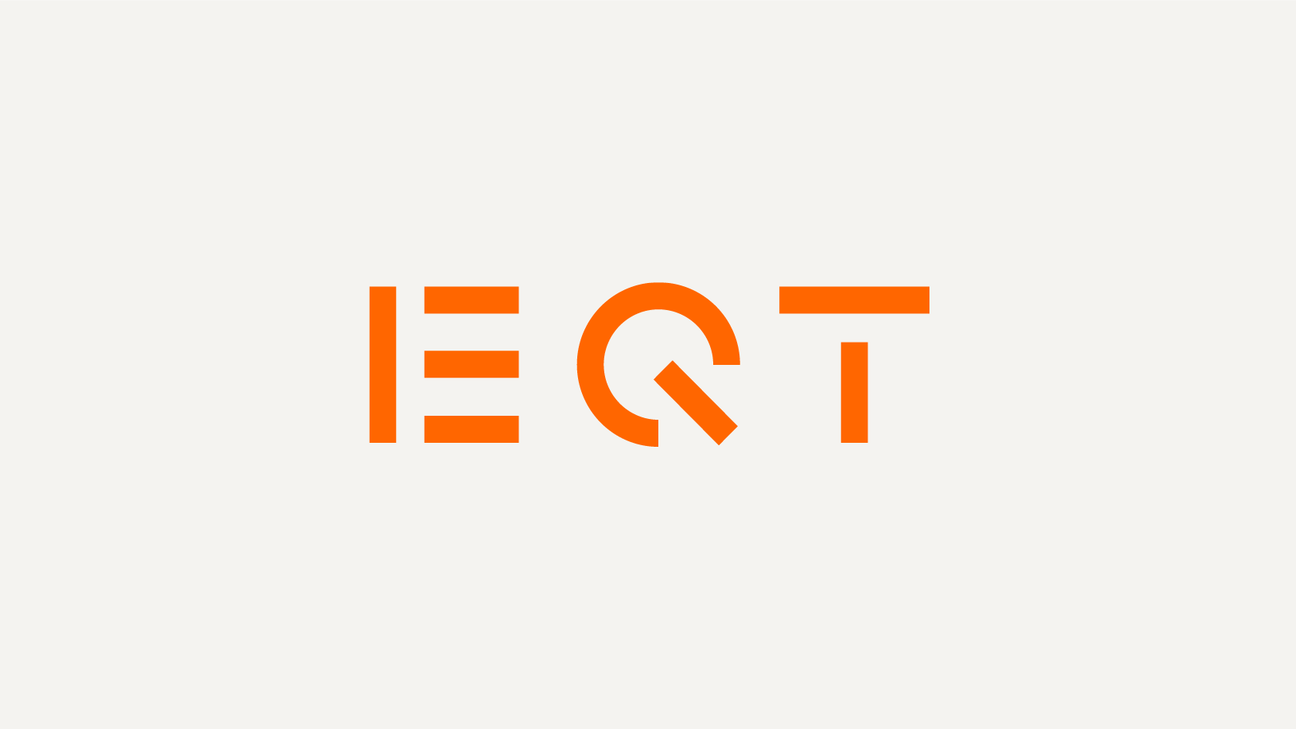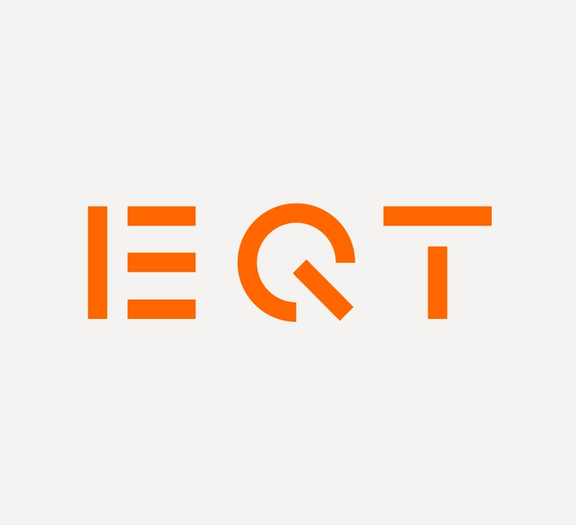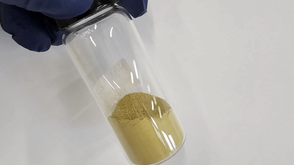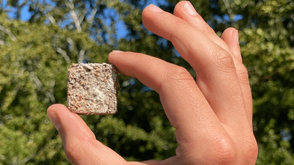

CuraCell
Per Båtelson is the entrepreneur behind CuraCell. He has previously founded and co-founded Capio, GHP, and ABC Labs. Per is a health rebel and wants to change the health care system as we know it.
What is the Challenge?
25% of people will get cancer during their life, and half of them will have solid tumors. The treatments are making progress every year and T-cell treatment is an individualized treatment. The challenge is to get the right T-cells and expand them to substantial amount with high quality for injecting back in the patient. CuraCell has a strong technology in this field and aim to start a clinical trial next year focusing on breast cancer and prostate cancer.
What is the Solution?
CuraCell is producing a more effective cancer cure. They are building on a previously existing technology that uses the patients’ own immune system to fight cancer cells. After the primary tumor is removed through surgery, CuraCell’s treatment isolates and identifies special T cells. These T cells are called Tumor Infiltrating Lymphocytes (TIL), and they are specifically focused on treating tumors. Next, CuraCell’s process grows more of them and makes them individually more effective. When enough cancer-killing T cells have been produced, they are then reintroduced into the patient’s body. They are then able to recognize and kill the tumor cells that have transferred elsewhere in the patient’s body, which are usually very dangerous.
In its previous version, this type of T cell therapy has been tested on over 200 patients worldwide. The success rate was good, and Curacell has since developed the process to make it even more effective. Their ambition is to achieve a success rate of over 50%, a number high above any other cancer cure on the market.
What EQT Foundation loves about CuraCell
What is there not to love about recruiting the cancer-fighting cells that already exists inside our body, and sending them to a training camp in order to be up for the challenge that cancer pose on our immune systems?
The number of people who die from cancer varies greatly around the world, often because of differences in behavior and healthcare. For example, the low cancer mortality in Africa reflects the region's high burden of infectious diseases and low incomes, and limited rural access to cancer care help to explain high mortality rates in Russia and China.
According to the World Bank and WHO, half the world lacks access to essential health services, and 100 million are pushed into extreme poverty because of health expenses.
Improving accessibility to and affordability of healthcare is fundamental for an inclusive and equal society and is an area EQT Foundation will invest in building on the expertise of EQT's healthcare investment team.
ThinQ by EQT: A publication where private markets meet open minds. Join the conversation – [email protected]
More from Library of Hope
Do You Want to Know More?
Get in touch with us and take the first step to successive growth.
Get the Latest Updates
Subscribe to EQT Foundation's press releases and updates.




